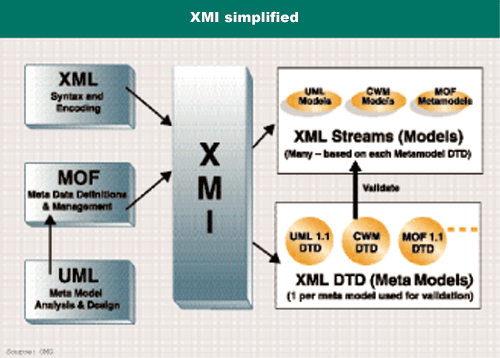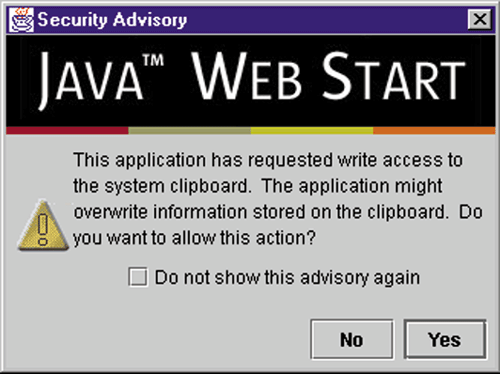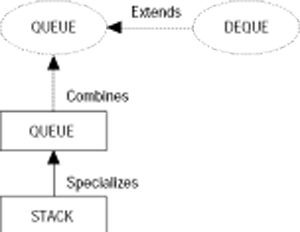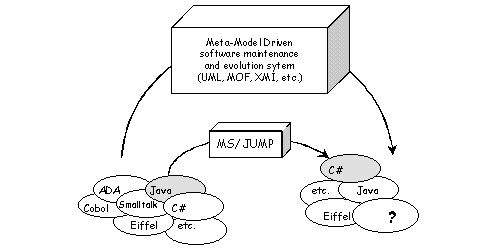
Emerging industry standards are making distributed repositories a reality; the failed centralized model gives way to a more realistic strategy of using multiple smaller stores for specific functions.

This article provides an overview and introduction to Java Web Start, an exciting new Java application distribution technology and reference implementation of the Java Network Launching Protocol (JNLP).
<I>Editor's note:</I> Gary Barnett, an analyst at U.K.-based consultant Ovum Ltd. and a contributor to our <I>eADT</I> and <I>XML Report</I> newsletters, gives his unique take on some of the technologies getting the most hype among the press, industry analysts and technology vendors today.<P>

Extension and specialization inheritance are two viewpoints of inheritance that are usually at odds; i.e., to fully support extension inheritance one should sacrifice specialization inheritance and vice-versa. We present a new approach to integrate the two views of inheritance in an OO language. Our approach to the integration enhances the use of inheritance both as a code reuse tool and as a modeling tool. The integration uses a new abstraction mechanism called the component. We use two separate language constructs to distinguish between the two perspectives of inheritance.

The Object Management Group is rapidly moving from its previous Object Management Architecture vision (OMA) to the newest Model-Driven Architecture (MDA). At the center of this framework, the so-called four-level meta-modeling architecture provides the foundations for building a variety of automatic and semi-automatic model-transformation and code-generation tools. The most important will be platform targeted code-generation tools but there are plenty of other possibilities that we can expect to become available in the near future. As an example, this paper shows how modern meta-modeling and meta-programming techniques may be combined to implement a new generation of software maintenance tools. The proposal deals with the future maintenance of software written in the C# programming language, supported by the DotNet platform and uses all support available in the MDA framework (UML, MOF, XMI). In addition to this, we take advantage of the introspection properties of C#. A similar approach could also be used with other modern programming languages like Smalltalk or, to a lesser extent, Java.
Web applications conforming to the Servlet specification make good components: If you follow the specification right, at the end you can package Web applications into a .war file and then deploy them. There is no componentization problem at Web application granularity. However, the pieces that make up a Web app often need better componentization.
While waiting for the proverbial "killer app," IT developers can start work on an architecture for linking back-room systems with wireless devices.